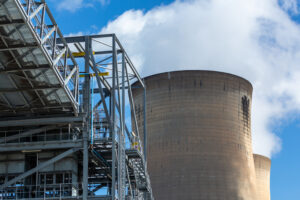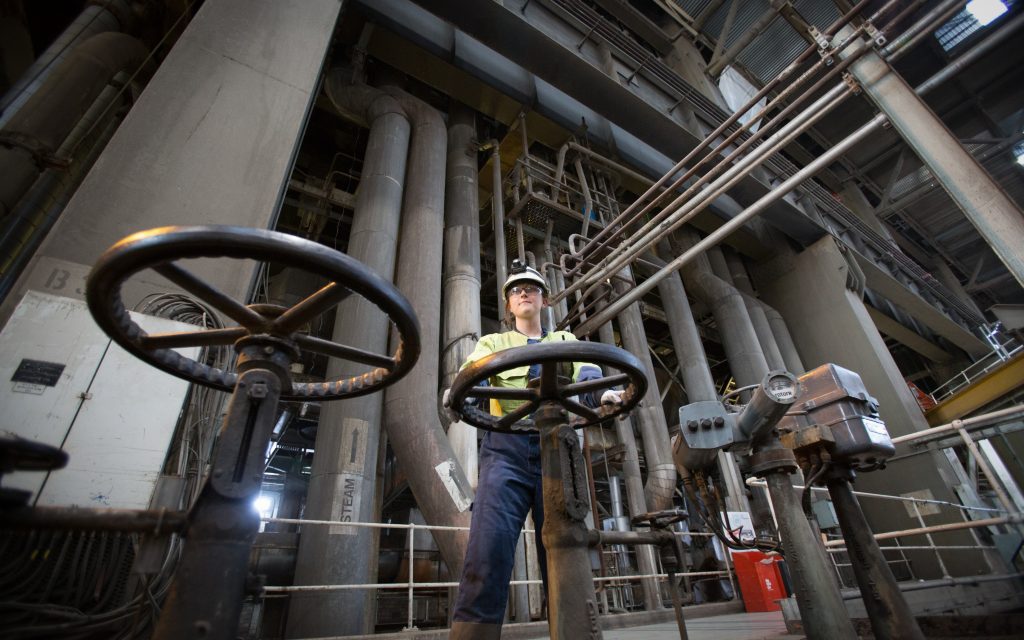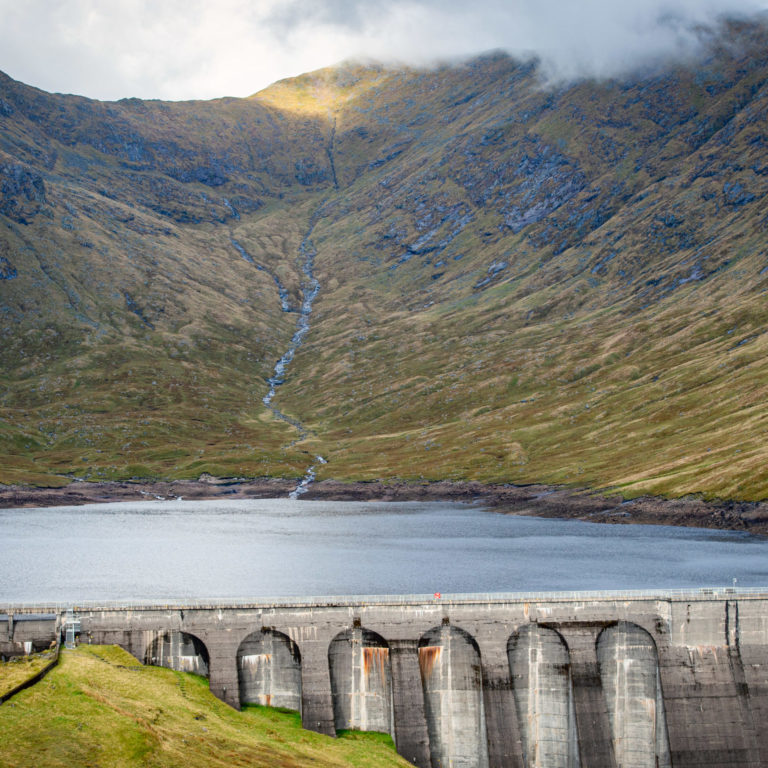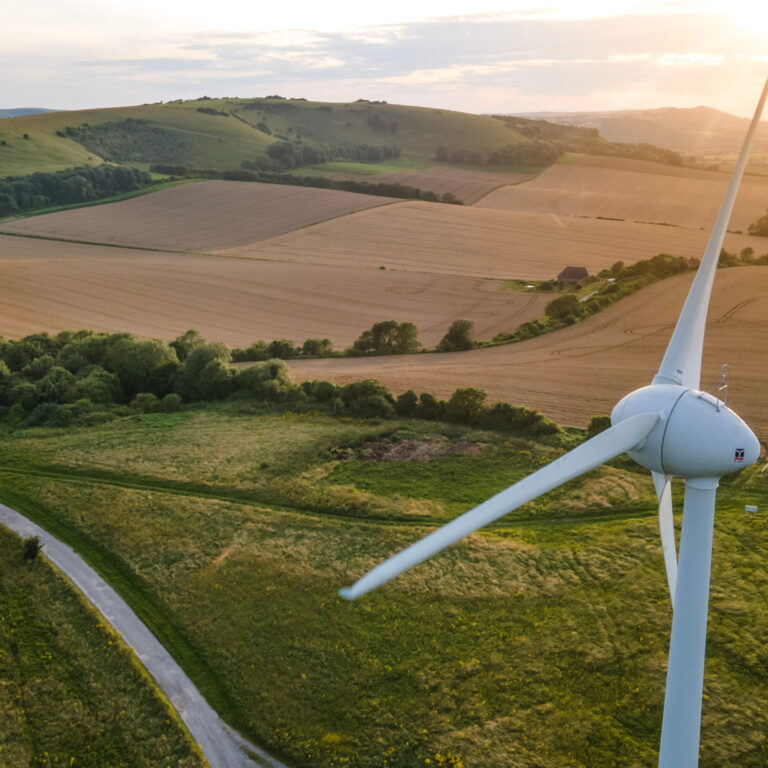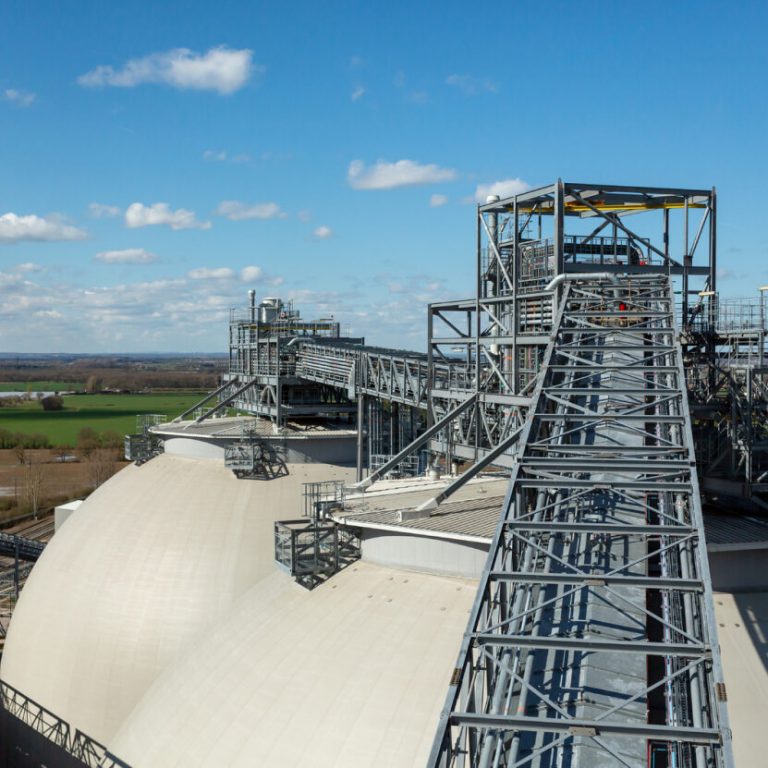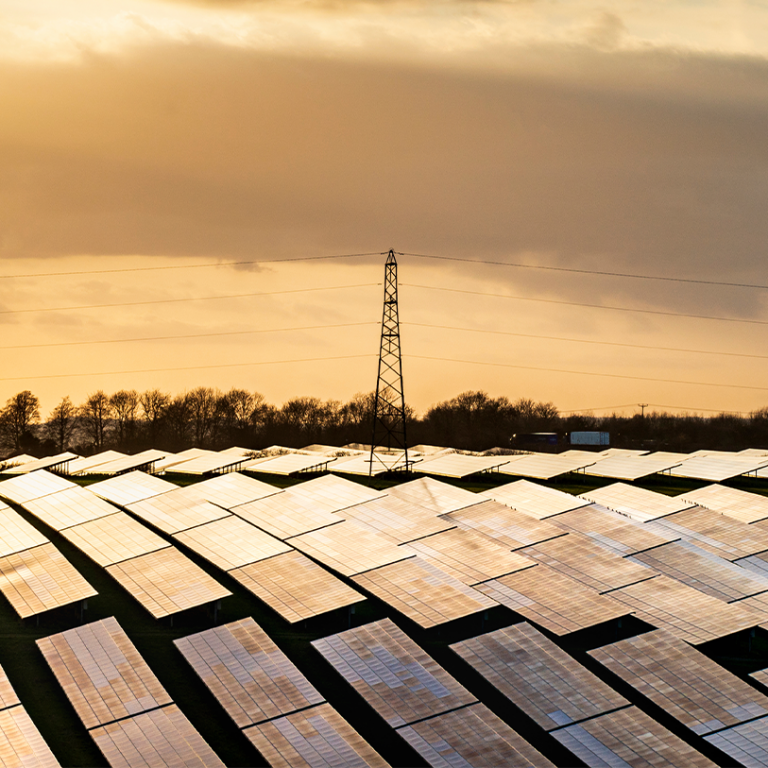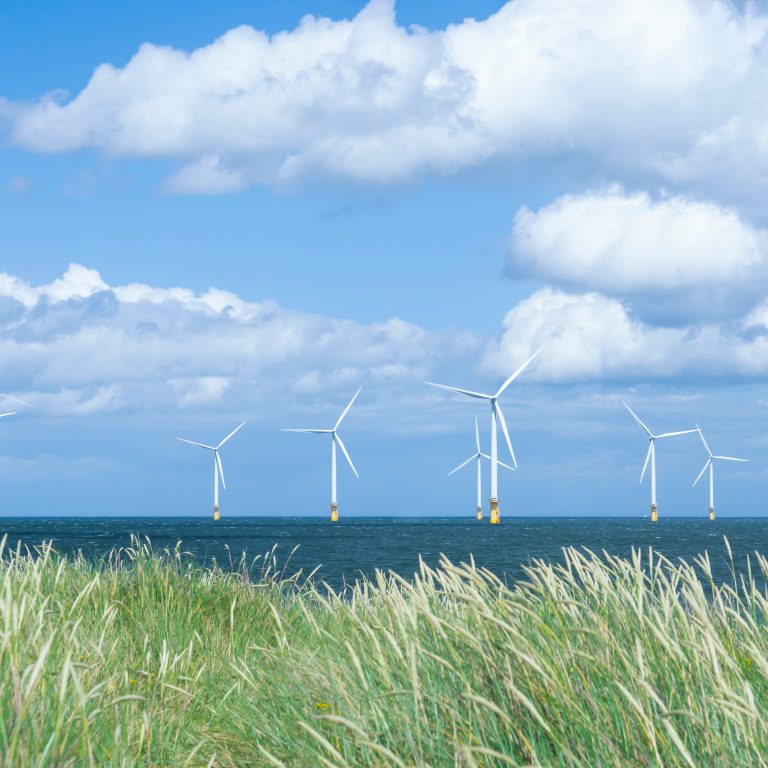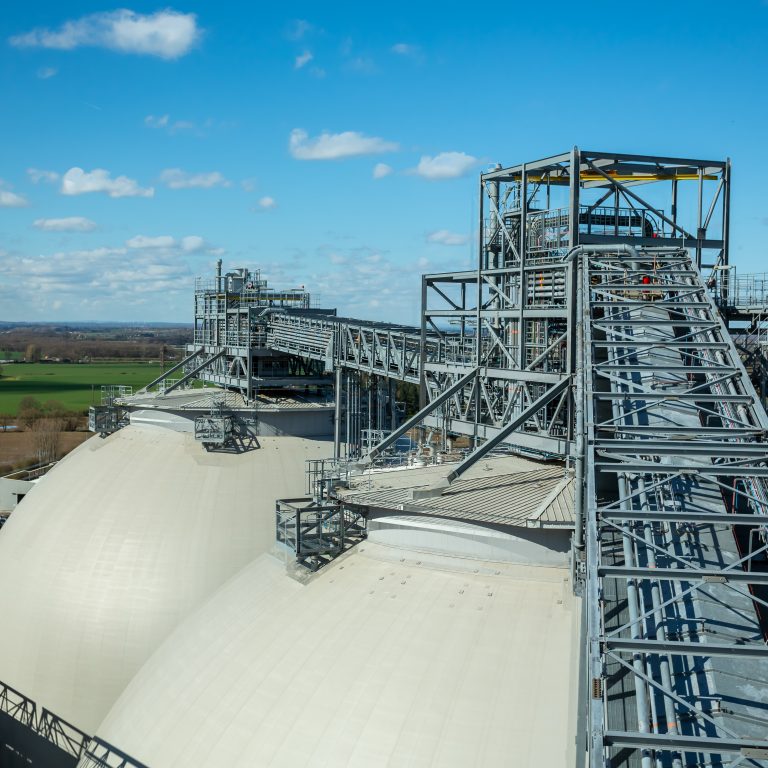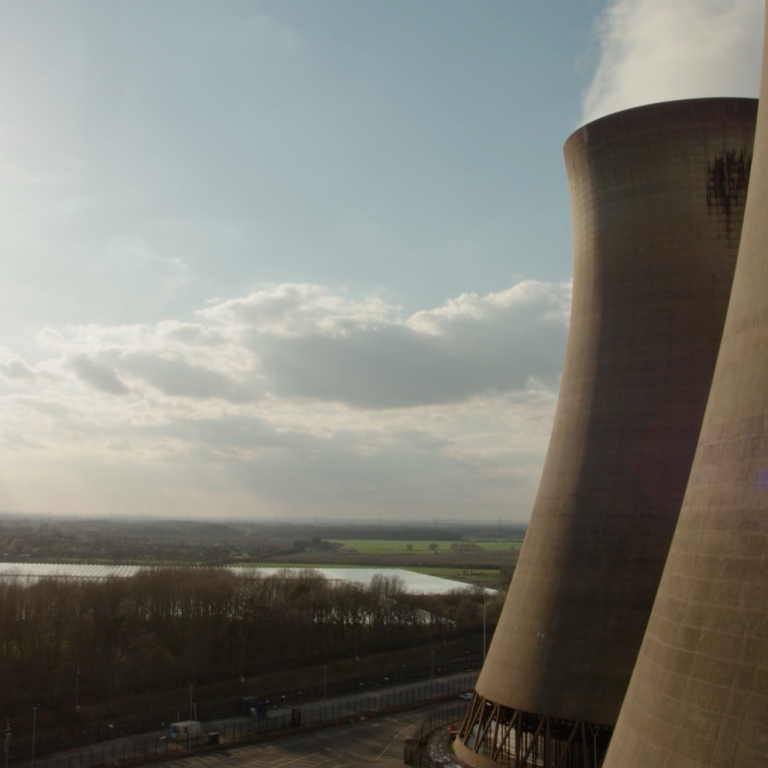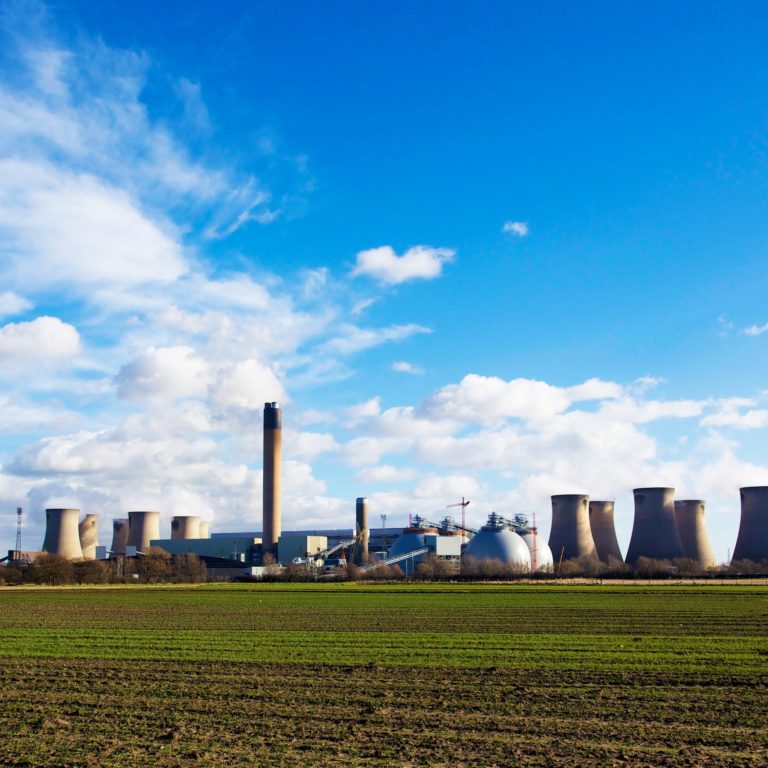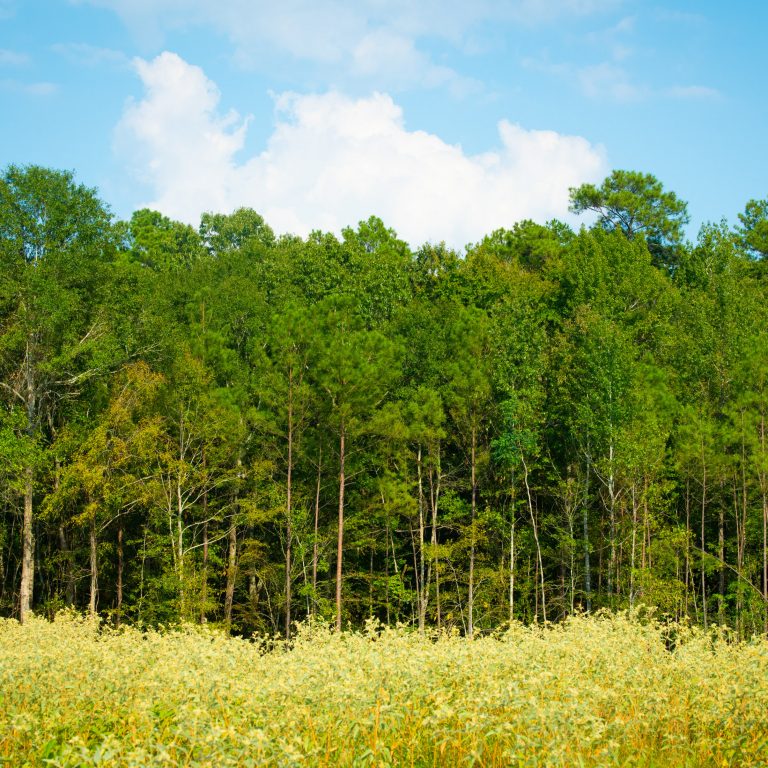Work has begun at Drax Power Station to upgrade one of its turbines and complete a major £40m investment in Europe’s largest renewable power generator in North Yorkshire.
Over the next four months, more than 1,000 contractors will work around the clock to enhance the performance of one of the station’s four biomass units and improve its efficiency. The work will include installing a new high-pressure turbine barrel, new pipework and surveying the station’s boilers as part of Drax’s plans to reduce the cost of its biomass power generation by around a third by 2027.
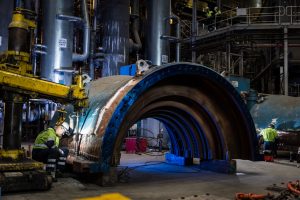
The upgrade is the third and final upgrade as part of a £40m investment programme in the station’s turbines which started in 2019.
Mike Maudsley, Drax Group’s UK Portfolio Generation Director, said:
“These turbine upgrades will improve the plant’s efficiency, ensuring Drax can continue to generate the reliable, renewable electricity millions of homes and businesses across the UK rely on, beyond 2027.
“It’s also a huge boost to the region’s economy, with more than a thousand contractors working on site during the project – that’s in addition to the 6,600 jobs supported throughout Drax’s supply chains in the North.”
The power station has been transformed in recent years from using coal, to generating renewable power with sustainable biomass – cutting carbon emissions by more than 90% since 2012 making Drax one of the lowest carbon intensity generators in Europe.
Drax plans to go even further by becoming carbon negative by 2030 by using bioenergy with carbon capture and storage (BECCS).
Earlier this year Drax progressed its plans for BECCS – selecting Mitsubishi Heavy Industries (MHI) as its technology partner and kickstarting the planning process to develop BECCS at Drax this decade.
Subject to the right government support, work to build BECCS could get underway as soon as 2024 with the creation of thousands of jobs. The first BECCS unit at Drax Power Station would then be operational in 2027 with a second in 2030, permanently removing at least 8 million tonnes of CO2 from the atmosphere each year.
ENDS
Media contacts:
Aidan Kerr
Media Manager
E: [email protected]
T: 07849090368
Editor’s Notes
- The turbine upgrade is part of a three-year £40m investment programme which started in 2019.
- In the first half of 2021, Drax Power Station generated 7.6TWh of renewable power from sustainable biomass, enough to supply over 5 million households.
- Drax stopped using its coal units for commercial power generation in March 2021 and they will close completely in September 2022 when its existing capacity market agreements come to end.
- Drax kickstarted the planning process to develop BECCS at Drax in March and announced MHI would be providing the technology required for BECCS at Drax in June.
About Drax
Drax Group’s purpose is to enable a zero carbon, lower cost energy future and in 2019 announced a world-leading ambition to be carbon negative by 2030, using Bioenergy with Carbon Capture and Storage (BECCS) technology.
Its 3,400 employees operate across three principal areas of activity – electricity generation, electricity sales to business customers and compressed wood pellet production and supply to third parties.
Power generation:
Drax owns and operates a portfolio of renewable electricity generation assets in England and Scotland. The assets include the UK’s largest power station, based at Selby, North Yorkshire, which supplies five percent of the country’s electricity needs.
Having converted Drax Power Station to use sustainable biomass instead of coal it has become the UK’s biggest renewable power generator and the largest decarbonisation project in Europe. It is also where Drax is piloting the groundbreaking negative emissions technology BECCS within its CCUS (Carbon Capture Utilisation and Storage) Incubation Area.
Its pumped storage, hydro and energy from waste assets in Scotland include Cruachan Power Station – a flexible pumped storage facility within the hollowed-out mountain Ben Cruachan.
Pellet production and supply:
Drax owns and has interests in 17 pellet mills in the US South and Western Canada which have the capacity to manufacture 4.9 million tonnes of compressed wood pellets (biomass) a year. The pellets are produced using materials sourced from sustainably managed working forests and are supplied to third party customers in Europe and Asia for the generation of renewable power.
Drax’s pellet mills supply around 30% of the biomass used at its own power station in North Yorkshire, England to generate flexible, renewable power for the UK’s homes and businesses.
Customers:
Through its two B2B energy supply brands, Haven Power and Opus Energy, Drax supplies energy to 250,000 businesses across Britain.
For more information visit www.drax.com





